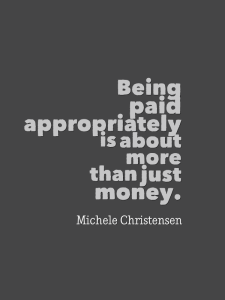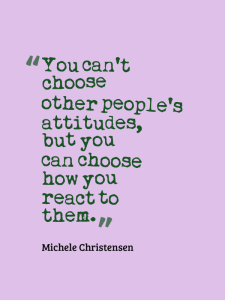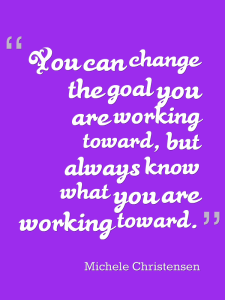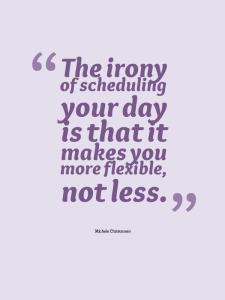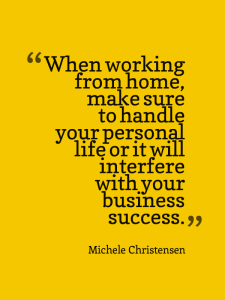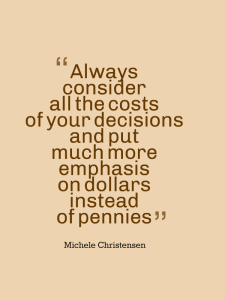 (This is the second of a 2-part series. For part 1 click here)
(This is the second of a 2-part series. For part 1 click here)
Part 1 of this 2-part series was on the first type of boundaries solopreneurs need – boundaries on what you let out. Click here to read about some of the ways solopreneurs can hurt their business by allowing too much out.

The second type of boundaries every solopreneur needs is boundaries on what you let in. This refers to opinions, information and news, and expert or non-expert help you allow into your business, into your life and into your head.
Opinions are ubiquitous – everybody has one and many times people are happy, or even too happy, to share what they think. The problem is that the opinion of a particular person is not necessarily appropriate, valid, helpful, relevant or fact-based for your situation. Unless you have a relationship with the person, you don’t know what their motivation is or whether they are even qualified to render an opinion that is helpful to you. For example, I know nothing about wine. I don’t really like it, I’ve never taken a class or had any tasting experience so I would not be a good person to give an opinion on a specific wine. This is where boundaries are important. When an opinion is offered, take it as just that – something offered which you can accept or decline.
Many of the same things can be said about information and news. It’s everywhere and there are massive amounts of it. Some of it is helpful to you, some of it is not. As with opinions, some of it should be let in and some shouldn’t. It’s important to check out the source and see if it lines up with your goals, your values and what you already know. For example, if you’ve been having great success with a certain technique of generating leads and a news story comes out saying that your technique doesn’t work anymore you can feel free to ignore it. It doesn’t line up with what you already know.
The final area is help, both expert and non-expert. As with information and news, there’s loads of help from experts and non-experts available. Non-expert help is particularly tempting because it often can be had for free (ever have a friend offer to set up a website, blog, or social media site?) The problem is that you don’t know if they know this subject because you have no way of checking them out since they don’t have a business. I’ve seen so many times when someone get terribly off course because of free help. With expert help, you have the chance to check the expert out to a much greater degree before signing on. Even with experts, it pays to do your homework before hiring. Check the person out, and make sure they have mastery in whatever they are going to help you with.
Be very selective about what you let into your business. Not every input is a good one even when it can be had for free.
What are somethings you’ve kept out of your business?
